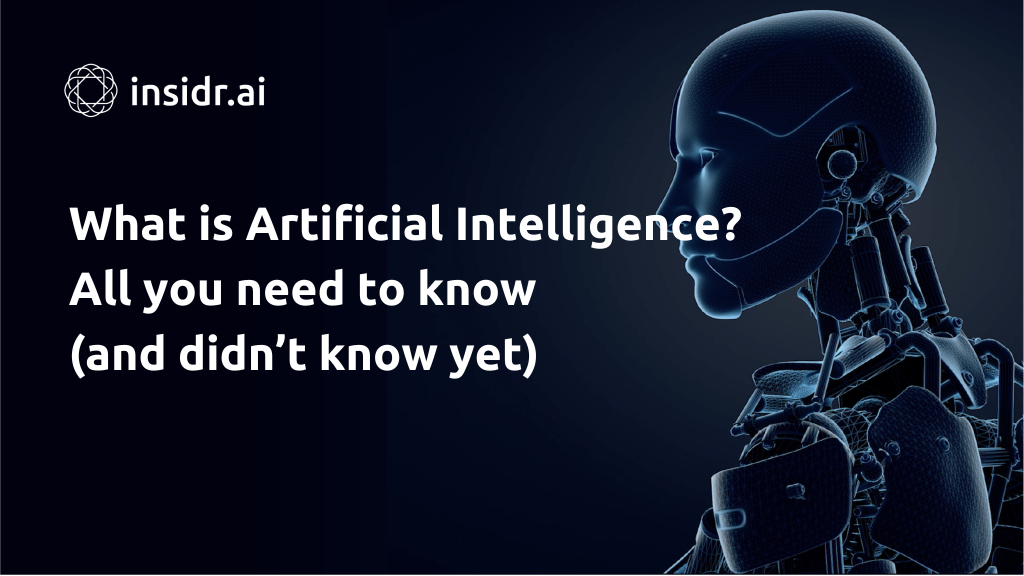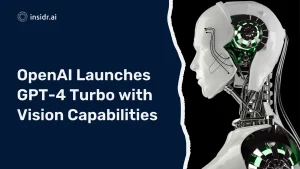
Artificial Intelligence (AI) and Generative AI have emerged as groundbreaking technologies, revolutionizing various industries worldwide.
In this article, we will delve into the concept of Generative AI, its applications, and the impact it has on our society.
With its ability to create unique and realistic content, Generative AI is poised to shape the future of numerous fields.
Understanding Generative AI
Generative AI encompasses a specific branch of Artificial Intelligence that concentrates on generating unique and innovative content.
Unlike traditional AI, which is primarily designed for data analysis and decision-making, Generative AI leverages machine learning algorithms to generate creative outputs such as images, music, and even text.
This technology has the potential to transform industries such as entertainment, design, and marketing by automating the content creation process.
The Working Mechanism of Generative AI
Generative AI operates based on deep learning models, particularly Generative Adversarial Networks (GANs).
GANs comprise of two key elements: the generator and the discriminator. The generator is responsible for producing fresh content, whereas the discriminator assesses the genuineness and excellence of the generated material.
During the training process, the generator and discriminator engage in a continuous feedback loop.
The generator aims to produce content that the discriminator cannot distinguish from real data, while the discriminator learns to improve its ability to identify the generated content.
This iterative process enhances the quality and realism of the generated outputs.
Applications of Generative AI
1. Creative Content Generation
The creative sectors, including art, music, and writing, stand to undergo a groundbreaking transformation with the advent of generative AI.
Artists can utilize generative models to create unique and visually stunning artworks. Musicians can leverage the technology to compose new melodies and harmonies.
Moreover, writers can employ generative models to assist in the creation of compelling narratives and engaging storytelling.
2. Virtual Reality and Gaming
Generative AI plays a crucial role in enhancing virtual reality (VR) experiences and video games.
By generating realistic and immersive environments, characters, and objects, Generative AI elevates the overall quality of VR simulations and gaming graphics.
This technology enables game developers to create dynamic and interactive worlds, providing users with unprecedented levels of engagement and immersion.
3. Personalized User Experiences
Generative AI can significantly enhance personalized user experiences in various domains.
By analyzing user preferences and behaviors, generative models can create tailored recommendations for products, services, and content.
This level of personalization leads to increased customer satisfaction, improved engagement, and higher conversion rates.
4. Data Augmentation and Simulation
In fields such as healthcare and scientific research, Generative AI plays a vital role in data augmentation and simulation.
By generating synthetic data, researchers can expand their datasets, facilitating more comprehensive analyses and experiments.
This technology also enables the simulation of various scenarios, aiding in predictive modeling and decision-making processes.
The Impact of Generative AI on Society
The rise of Generative AI brings both opportunities and challenges to our society.
On one hand, it empowers individuals and industries to explore new creative frontiers, automate mundane tasks, and unlock innovative possibilities.
On the other hand, it raises concerns about ethical implications, copyright issues, and the potential for misuse.
Ethical Considerations
Generative AI raises ethical questions regarding the authenticity and ownership of generated content.
As generative models become more advanced, it becomes increasingly challenging to distinguish between human-created and AI-generated content.
This blurring of boundaries requires thoughtful consideration of intellectual property rights, plagiarism, and the responsibility of content creators and platforms.
Mitigating Bias and Discrimination
Generative AI models are trained on existing datasets, which may contain biases and discriminatory patterns.
If left unaddressed, these biases can perpetuate societal inequalities and reinforce existing biases present in the training data.
It is essential to implement robust measures to identify and mitigate bias in generative models to ensure fairness and inclusivity.
Ensuring Security and Privacy
As Generative AI gains prominence, ensuring the security and privacy of individuals becomes paramount.
AI-generated content can be exploited for malicious purposes such as deepfake videos and misinformation campaigns.
Stricter regulations and advanced detection mechanisms are necessary to combat these threats and safeguard user privacy.
Conclusion
Generative AI holds immense potential to revolutionize various industries and shape the future.
With its ability to create unique and realistic content, this technology opens up new possibilities for creativity, personalization, and problem-solving.
However, it is crucial to address the ethical considerations, mitigate biases, and ensure security to harness the full benefits of Generative AI.
By embracing this transformative technology responsibly, we can usher in an era of innovation and progress for the betterment of our society.
Discover More AI Tools
Every week, we introduce new AI tools and discuss news about artificial intelligence.
To discover new AI tools and stay up to date with newest tools available, click the button.
To subscribe to the newsletter and receive updates on AI, as well as a full list of 200+ AI tools, click here.







